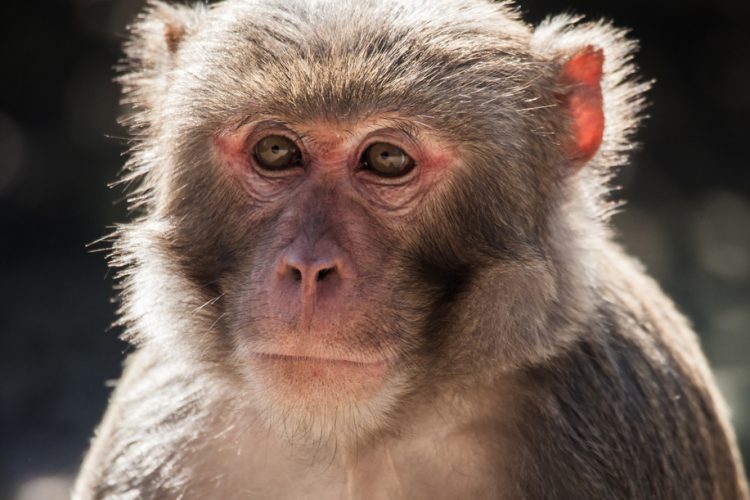Vaccine adjuvant provides long-lasting protection against HIV in monkeys
Posted: 22 June 2020 | Victoria Rees (Drug Target Review) | No comments yet
A vaccine adjuvant named 3M-052 was able to provide rhesus monkeys with protection against HIV for over a year, a new study reports.


Researchers say that they have developed a new vaccine adjuvant that helps to induce long-lasting immunity against HIV in rhesus monkeys by promoting a sustained antibody response. The study was conducted at the Yerkes National Primate Research Center and the Emory Vaccine Center (EVC), both US.
In this pre-clinical study that included 90 rhesus monkeys, the team revealed that 3M-052 – a new, synthetic small molecule – targets a specific receptor named TLR 7/8. According to the researchers, this successfully induced vaccine-specific, long-lived bone marrow plasma cells (BM-LLPCs) in the monkeys, which are critical for durable immunity.
The team observed that 3M-052-induced BM-LLPCs were maintained at high numbers for more than one year after vaccination.
First author Dr Sudhir Pai Kasturi, an assistant professor in the Department of Pathology and Laboratory Medicine and a research assistant professor at Yerkes and the EVC, said: “We have known adjuvants are critical immunity-boosting supplements that help improve the effectiveness of vaccines. Until now, however, it has been unclear which class of adjuvants can promote stable and long-lived immunity in non-human primate models. Our study provides that information.”
Co-senior author Dr Rafi Ahmed, director of the EVC, added: “The key to a successful vaccine is durability of immune responses. Antibodies provide the first line of defence against pathogens and antibody levels are maintained by the generation of long-lived plasma cells that reside in bone marrow. Our study identifies an adjuvant that is effective in generating such long-lived plasma cells in bone marrow. This finding has implications for developing successful vaccines against HIV, influenza and especially important now, COVID-19.”
The study results were published in Science Immunology.
Related topics
Drug Development, Immunology, Vaccine
Related organisations
Emory Vaccine Center (EVC), Yerkes National Primate Research Center
Related people
Dr Rafi Ahmed, Dr Sudhir Pai Kasturi



